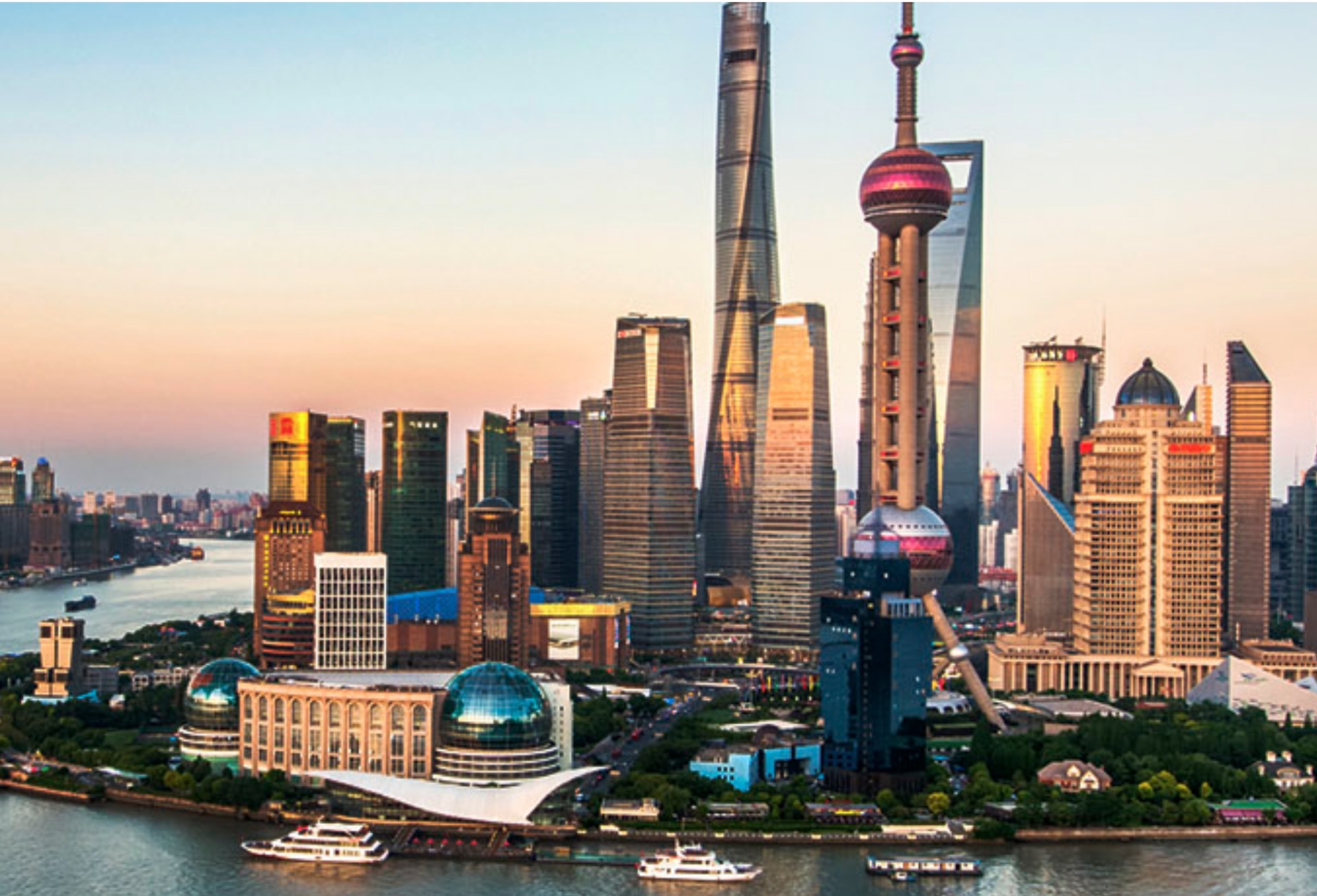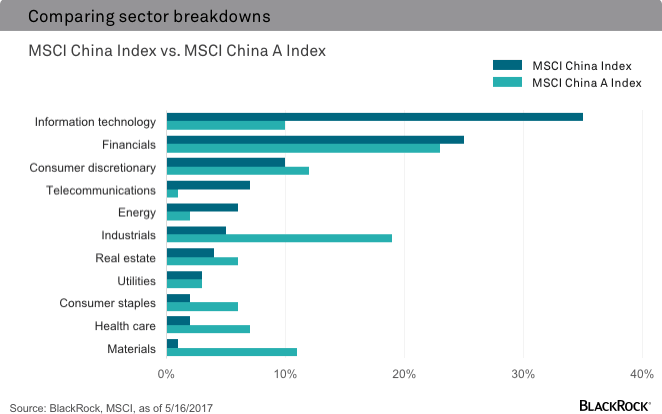by Martin Small, Head of iShares (US), Blackrock
MSCI’s historic addition of China A-shares to its broader stock indexes is yet another signal that investors need to update their thinking on China.
Has the China juggernaut hit a wall? That’s the story the market seems to be telling. There’s been a persistent disconnect between China’s powerful economic growth and the country’s stock prices. Despite annualized gross domestic product (GDP) of 10% over the past 16 years, stocks represented by the MSCI China Index have returned just 6% over that same time frame (source: MSCI as of 5/16/17).
The gap between the two reflects a long-held skepticism about whether this extraordinary pace of growth can be sustained. In recent years, many investors have pointed to a host of indicators: relatively tepid GDP growth, a frothy credit market, widening social disparities, environment issues stemming from overdevelopment, and what they see as a slow policy response by Beijing. Strengthening in the U.S. economy has put China’s current weaknesses into even sharper relief.
While these are legitimate concerns, we believe this view on China is needlessly dark and based on outdated perceptions. I recently led a panel of BlackRock China experts, who shared their perspectives on what they see as an inflection point in the country’s economic narrative.
My colleagues noted that in the past few years, policymakers have in fact taken important steps to seek to address China’s problems, particularly since 2013. For example, the government has introduced broad supply-side reforms to curtail overbuilding and unlimited access to credit.
The result has been a “virtuous feedback loop”: An improving global economy provides leeway for reforms and structural improvements, which raises economic expectations and ultimately real growth potential in China. Already we’ve seen increased earnings in the manufacturing sector, and overall consumer confidence is up.
This isn’t the shoot-the-lights-out growth that drove the old China narrative, but rather a normalization to okay-but-more-sustainable growth that has been supported by balanced policies and the unwinding of past excesses. The markets have only slowly embraced this next chapter—suggesting a possible entry point for investors to consider who are willing to bypass the consensus.
How to invest in China
The bearishness on China, and around emerging markets more broadly, has led many investors to seek exposures through so-called proxy plays: global multinationals that resource from or sell to China. As the macroeconomic outlook and earnings picture improve, however, it may be worth considering a more direct allocation to China, for longer-term growth and diversification potential.
Patience may be required. China’s equity markets have historically been closed and loosely regulated. That has been gradually changing, with the opening of markets through Shanghai-Hong Kong Stock Connect and other programs. And more recently, MSCI announced the partial inclusion of China A-shares (listed on Shanghai and Shenzhen Exchanges) in the MSCI Emerging Market Index and other global indexes (effective in summer 2018).
At the same time, the country’s economic realignment away from investment toward consumption has freed up corporate capital. That shift is being mirrored in the composition of China’s stock market indexes, which have slowly moved away from bloated state-owned enterprises, to sectors and companies that focus on earnings and shareholder value. See the chart below.
BlackRock offers a number of ways for U.S. investors to access Chinese stocks. iShares China Large-Cap ETF (FXI), iShares MSCI China ETF (MCHI) and iShares MSCI China A ETF (CNYA) all provide single country exposures. Or for more diversified exposure, consider iShares Core MSCI Emerging Markets ETF (IEMG), which provides exposure to China and other emerging markets. We also offer a suite of actively managed funds.
The good news is, whichever path to China you consider, you’d be tapping into a story that’s meaningfully different from what you’ve heard before.
Read more from our experts on China’s role in the global economy.
Martin Small is the Head of U.S. iShares and a regular contributor to The Blog.
Copyright © Blackrock















